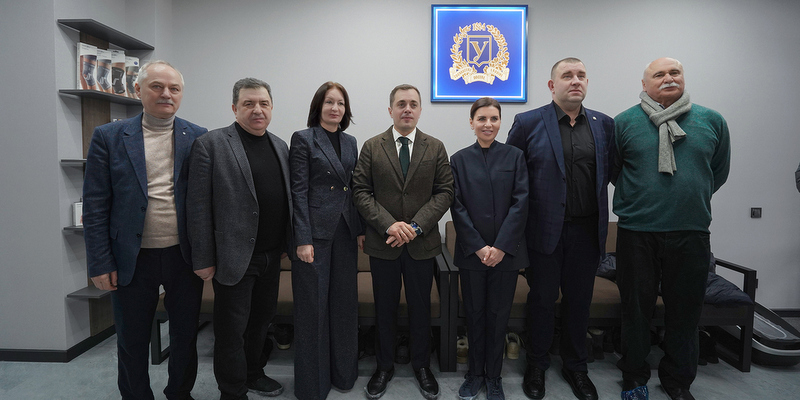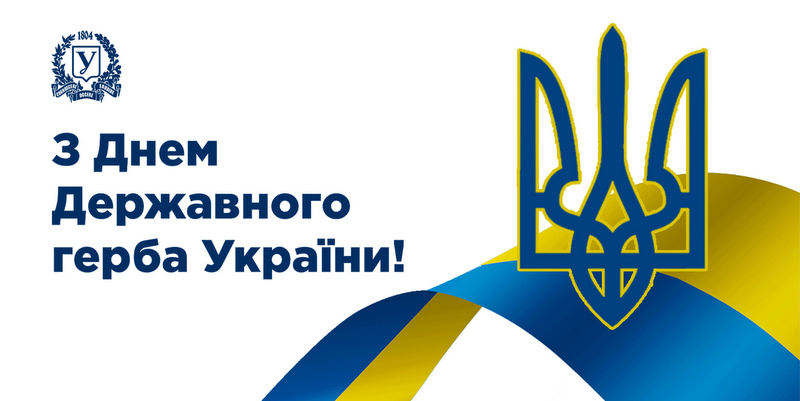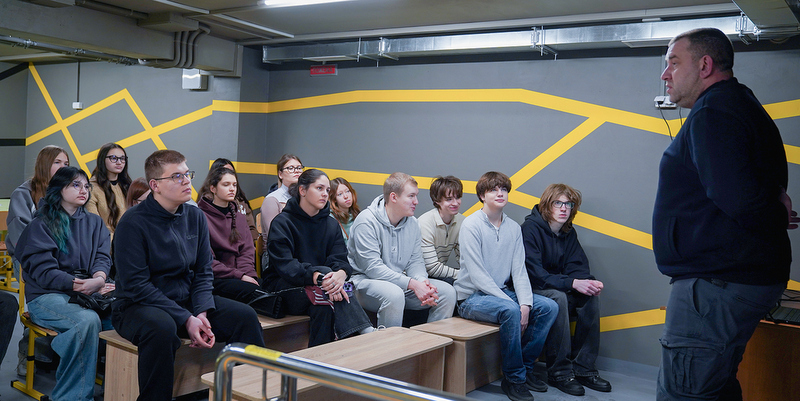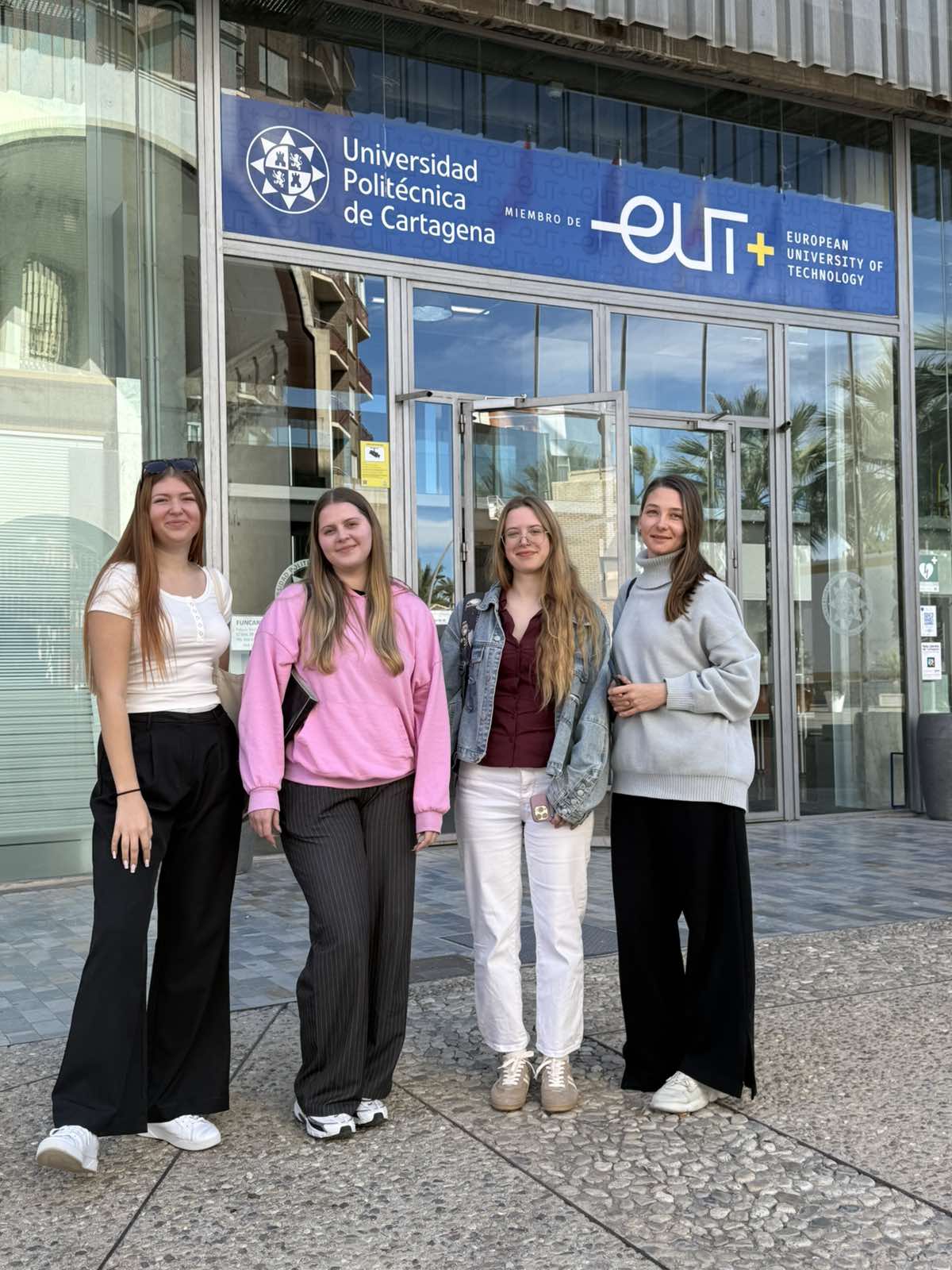.jpg)
Implementation of the international Erasmus+ KA2 project "Reforming Educational Programs to Promote Education for Peace in Ukraine, Georgia, and Moldova / PeaceEdu" at Karazin University
During the last two weeks, as part of the implementation of the international Erasmus+ KA2 project "Reform of Educational Programs to Promote Peace Education in Ukraine, Georgia, and Moldova / PeaceEdu," the Karazin University team conducted focus groups with teachers, school principals, students, administrative and academic staff of higher education institutions (HEIs). The focus was on the vision of the substantive content of the peacebuilding certificate program for HEI lecturers, school teachers, administration, and social service workers, taking into account the needs of Ukrainian society in times of war.
The project team includes: Associate Professor of the Department of Management and Administration of the School of Business Olena Parkhomenko, Associate Professor of the Department of Civil Law Disciplines of the School of Law Viktor Savchenko, Associate Professor of the Department of Management and Administration of the School of Business Yulia Prus.
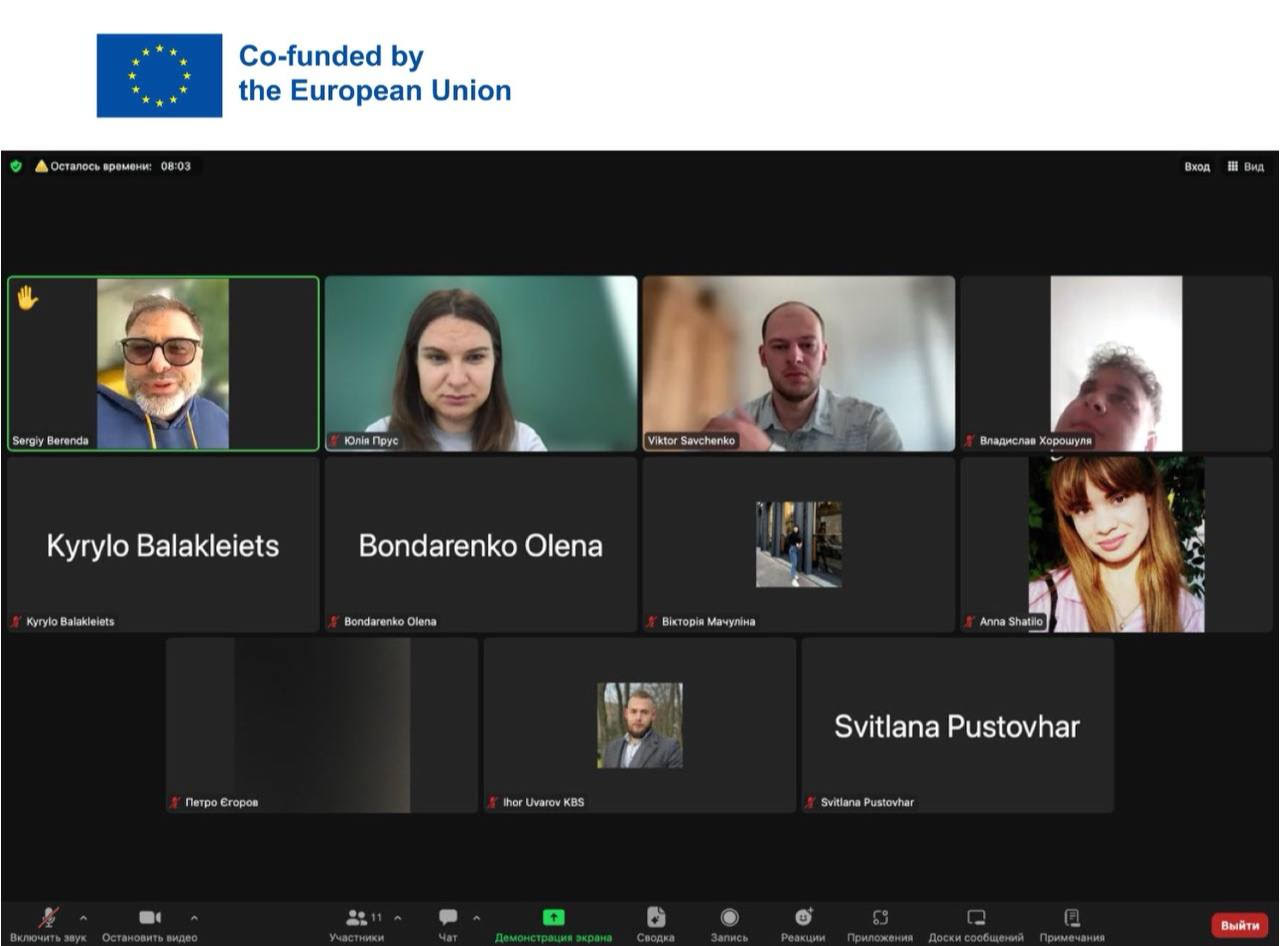
Karazin University, together with Taras Shevchenko National University of Kyiv and the NGO "Public Diplomacy Platform" with the support of the Ministry of Education and Science of Ukraine, conducted a survey of students and school teachers on the presence of conflicts, methods of their resolution, the availability of courses, and understanding of the concept of peacebuilding. A total of 31,163 school teachers participated in the survey (receiving 16,717 complete responses) and 3,069 students (receiving 1,369 complete responses).
Background: The Erasmus+ project "Reform of Educational Programs to Promote Peace Education in Ukraine, Georgia, and Moldova / PeaceEdu" is implemented based on the School of Business of Karazin University.
The overall objective of the PeaceEdu project is to promote sustainable peace practices in Ukraine, Georgia, and Moldova by strengthening the capacity of higher education institutions in these countries to invest in the development of multidisciplinary peace education and peace studies.
The focus of this project is the development of tools to mitigate the challenges threatening peace in the respective communities by developing, integrating, and implementing peace education and peace studies in educational programs; training educators/teachers to initiate mutual human resource development and promote continuous professional development; improving teaching tools to have a long-term impact on the education system; raising public awareness of the importance of peace and peacebuilding; building resilience in communities and disseminating project results among the general public with a focus on youth.



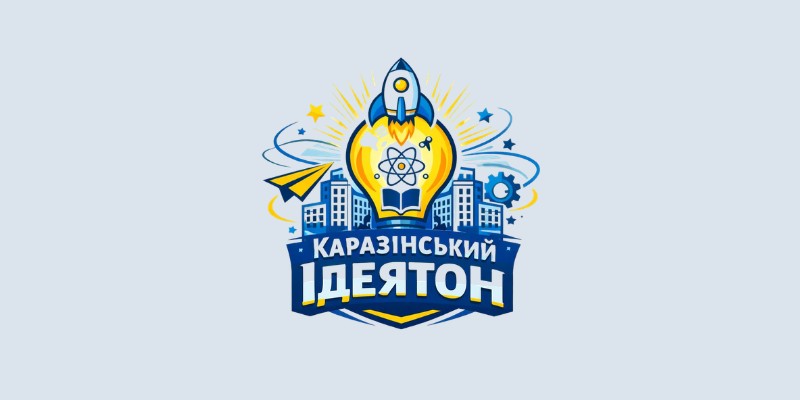
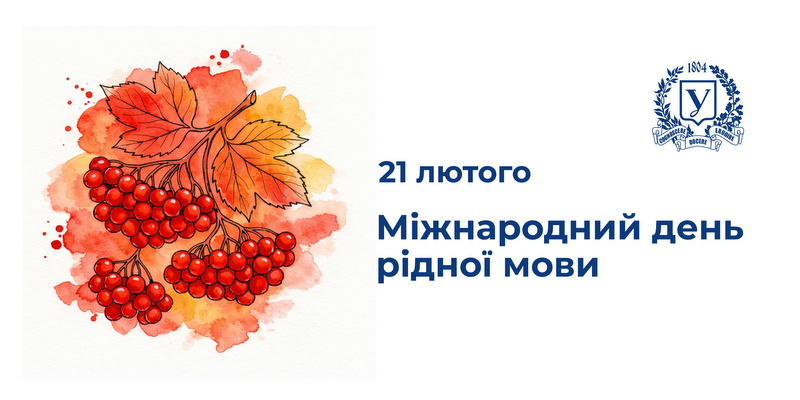
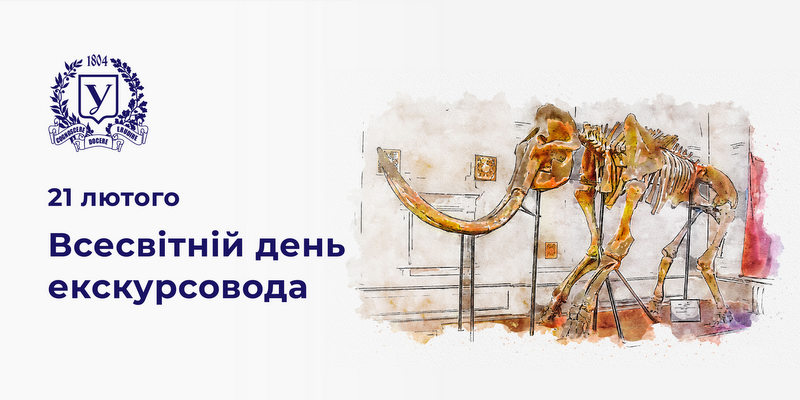


.jpg)
